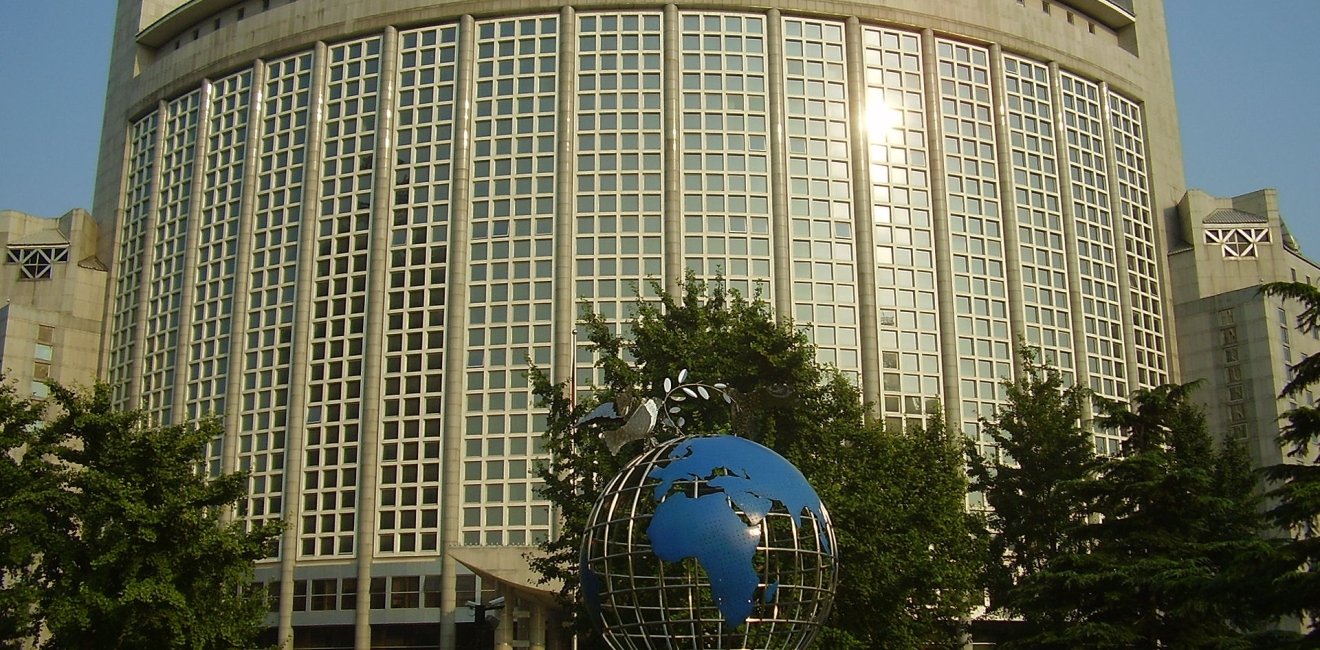China’s Foreign Ministry Archive: Open or Closed?
China seems determined to rewrite the past on its terms, and it all starts in the archives.

A blog of the History and Public Policy Program
China seems determined to rewrite the past on its terms, and it all starts in the archives.

China seems determined to rewrite the past on its terms. It all starts in the archives.
Historians flooded China’s Foreign Ministry Archive (FMA) following its surprising opening in 2004. But as Xi Jinping came to power, the Chinese government abruptly closed the FMA in 2012. Although no one knows the exact rationale behind the closure, scholars have speculated it was part of the Chinese government’s larger strategy to tighten control over society.
The FMA “reopened” in 2013—but only nominally and temporarily. Users found 90-percent of the previously available documents reclassified, and only 8,000 documents of miniscule importance remained open for research. For unknown reasons, the FMA shutdown again in 2014.
In December 2016, a Chinese colleague notified me that the FMA had “reopened” once again. Without much hope, I paid a visit in July 2017 to see just how open the archive actually was.
The Rules
The basic regulations for accessing material at the FMA remain unchanged from prior to 2012, but the procedures are more rigorous today. Upon arriving at the research room, you must present an ID and a letter of introduction bearing an official stamp from a Chinese institution. (Unlike several years ago, Chinese scholars now also need a letter of introduction.) You also need to provide the name and telephone number of a person at the inviting institution who can verify your identity. In my case, the archivist, probably a student intern, called my colleague who provided my letter.
After presenting a letter, researchers need to fill out a registration form on a computer and offer a description of your project. You need to specify the names of countries and the range of years you focus on.
In sum, the FMA now conducts a strict background check, especially compared to other archives in China.
Materials
When I visited the FMA, I tried to determine how many of the 80,000 documents originally available (between 2008 and 2012) were still accessible. Below is the list of some key words and the number of items available for each as of September 2017:
In 2013, Arunabh Ghosh reported slightly more hits for each of the key words listed above; it seems, disappointingly, the availability of materials has continued to decline since then.
Almost all documents belong to two conspicuously uncontroversial divisions in the Foreign Ministry: the International Organizations Division (国际组织司, series number 113) and the Protocol Division (礼宾司, series number 117). The year range of available documents (1949-1965) has not changed, and printing remains prohibited.
These restrictions do not mean that the FMA is completely useless. For instance, I found some valuable documents from the Protocol Division concerning Chinese contacts with non-state US actors in the 1960s. Most scholars, however, would probably find other major provincial and municipal archives, especially the Shanghai Municipal Archive, much more valuable.
Atmosphere
Unlike the pre-2012 years, the research room was quiet and gloomy. I was the only researcher at the archive, except for one Chinese person, seemingly an internal patron, who received the full assistance of archivists. I also felt like I was under constant supervision. I could not even keep my cellphone in my pocket. Suspecting that I might take pictures, the archivist told me to store it in a locker with my backpack.
In addition, when I searched key words on the computer that appeared to have no direct connection to my stated research project, the archivist walked over and asked me if my topic had changed. When I answered “no,” she walked away without saying anything. This might be a mere coincidence, but I did not dare to search for any potentially controversial terms, such as the “Cultural Revolution.”
My experience at the “reopened” FMA left me with a clear impression that researchers are not welcome.
The environment of the FMA research room is a microcosm of the tense political atmosphere throughout China in the lead up to the 19th National Congress of the Chinese Communist Party. In recent weeks, news broke that the Chinese Government exerted pressure on Cambridge University Press to block domestic access to numerous articles on controversial topics published in major English-language journals, The China Quarterly and American Political Science Review.
China seems determined to rewrite the past on its terms, and it all starts in the archives. The Xi Jinping government is unlikely to loosen control over prized historical sources anytime soon.


A leader in making key foreign policy records accessible and fostering informed scholarship, analysis, and discussion on international affairs, past and present. Read more


The Cold War International History Project supports the full and prompt release of historical materials by governments on all sides of the Cold War. Read more



